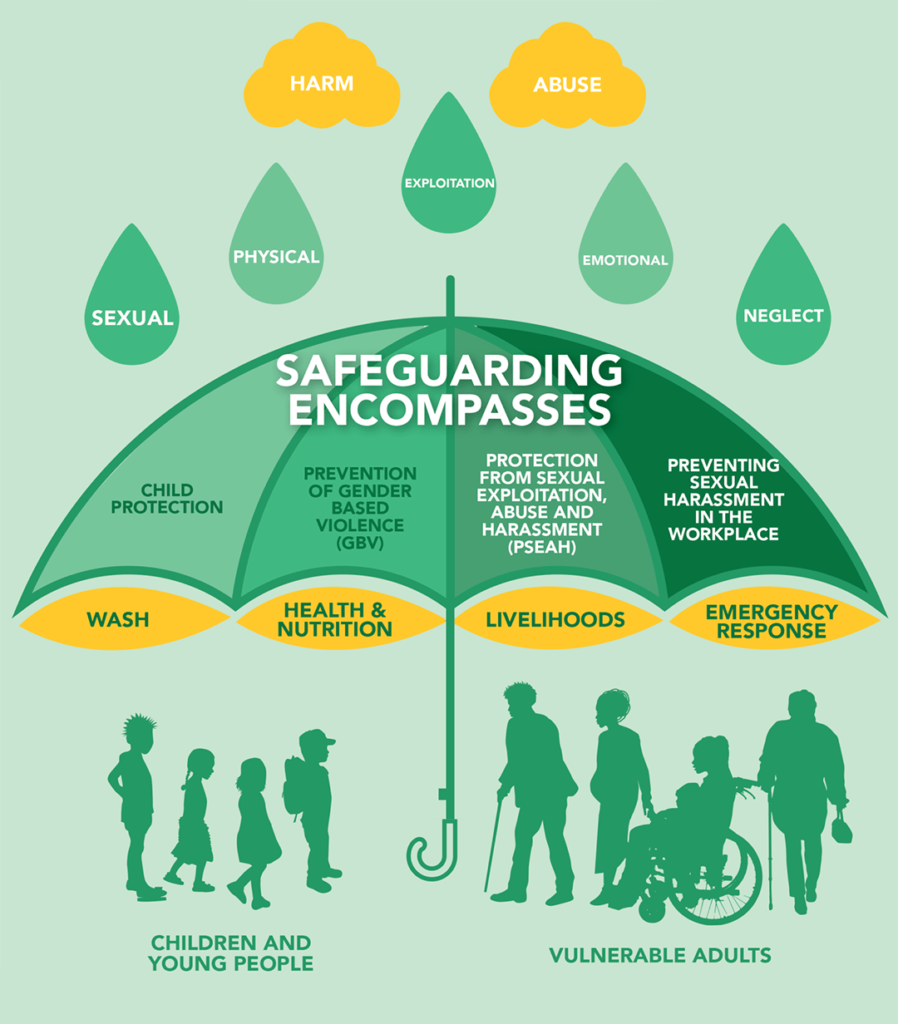

Emotional safeguards involve creating environments and relationships where you and others feel safe to be vulnerable, express thoughts and feelings without fear of judgment, and are treated with respect and trust. Key practices include setting clear boundaries, practicing active and empathetic listening, fostering open and honest communication, taking responsibility for your actions, and building a strong sense of self-trust and self-compassion.
In Relationships
To foster emotional safety in relationships, you can:
-
Establish and Respect Boundaries:Clearly communicate your needs and limits regarding your time, space, and emotional energy.
-
Practice Active Listening:Pay attention to and understand your partner’s words, tone, and body language to show you value their perspective.
-
Communicate Openly:Share your thoughts and feelings honestly, and encourage others to do the same, creating an atmosphere of trust and transparency.
-
Show Empathy and Validation:Acknowledge and accept others’ feelings, even if you don’t agree with them, to create a feeling of being understood and valued.
-
Take Responsibility:Be accountable for your words and actions, and practice making amends without defensiveness when you make mistakes.
Within Yourself
To protect your own emotional well-being, you can:
-
Build Self-Trust:Develop confidence in your instincts, decisions, and emotions by trusting yourself first.
-
Understand Your Emotions:Pay attention to your feelings, identify your emotional triggers, and learn to accept them rather than fighting them.
-
Be Mindful of Your Nonverbal Communication:Be aware of your body language and vocal tone, as they send messages about your comfort and safety to others.
-
Practice Self-Compassion:Treat yourself with the same kindness and understanding you would offer a friend.
-
Engage in Self-Care:Take care of your physical health through adequate rest, a good diet, and exercise to better support your emotional state.
Creating an Emotionally Safe Environment
This involves cultivating a space where people feel:
-
Valued and Respected:Individuals should feel that their contributions, ideas, and experiences are important.
-
Free from Judgment:There is a sense of security to be authentic and vulnerable without fear of being mocked or blamed.
-
Trustworthy:People can count on others to be fair, consistent, and act with integrity.
-
Open to Feedback:Corrections are given calmly and constructively, fostering growth rather than defensiveness.




